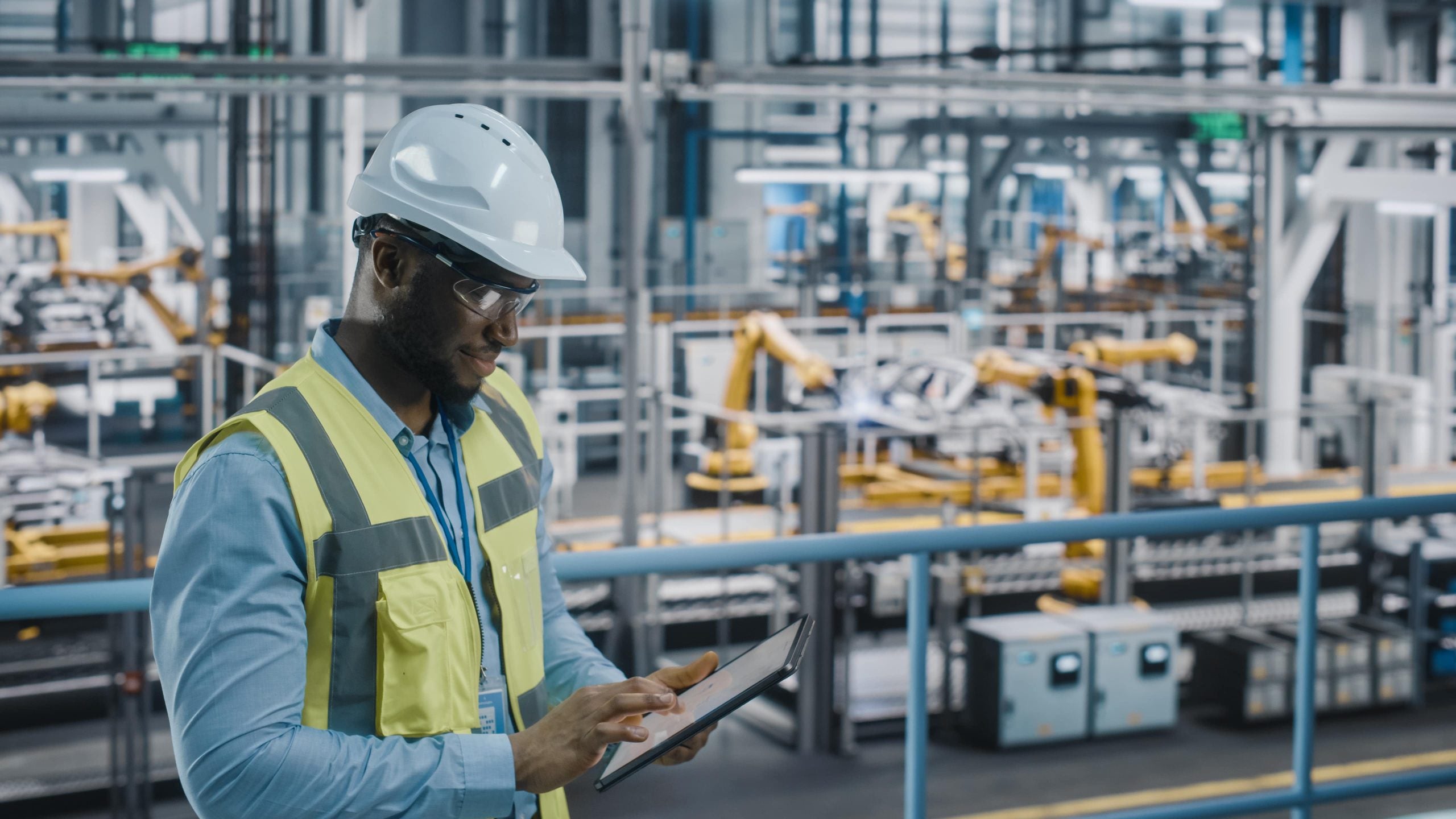Robotic Warehousing and Career Opportunities
Ask any student currently enrolled in classes, and they will tell you that technological skills are imperative to their learning. Over 80% of college students report technological abilities helpful to their educational pursuits, even if not directly related to their major of choice. It makes sense; in an era where computers can play chess and have been seen safely driving vehicles, those among us just entering the workforce would want to get a firm handle on the latest tools that can assist problem-solving.
This line of thinking extends directly to the young professionals studying the machines themselves. In today’s market, few areas of study can offer the same array of career opportunities and chances for expansion as computer science and other technically related interests. For this reason, let’s look at some of the biggest reasons you should consider pursuing a career that lands you in a warehouse, whether directly on the floor, pursuing management, or other interests.
Opportunity Abounds
With consumer demand for goods at an all-time high and customers expecting speeds unprecedented in previous decades, there is no shortage of essential roles in a distribution center that require advanced knowledge of robotics, processes, and procedures.
The robotics process automation (RPA) and Hyperautomation market are projected to grow to $26 billion by 2027. Robotic warehouse automation is expected to grow at a faster pace, as it plays catch-up with these and other automation technologies. This implies that, even as the AI in robots becomes more advanced, more humans will still be needed to facilitate development. Humans and machines will have to work closer than ever to keep up with customer requests.
In addition, the very process of bringing robots into a warehouse is changing. Traditionally, warehouses would have to purchase robots outright and were in charge of all maintenance and repairs. Hardware, however, is getting replaced faster and faster these days, making such significant investments difficult for smaller operations.
Business models such as robots-as-a-service (RaaS) works to assist these developing warehouses. Instead of purchasing a robot, a warehouse can opt to rent a robot from a RaaS vendor. This vendor is then responsible for maintenance, taking most of that headache off the plates of warehouse managers. Complimentary models, such as software-as-a-service (SaaS), offer similar services for software, the brains behind the robots.
Projects that Change the World
Once you see how many types of people are needed to keep a warehouse (and the robots) operational, you may also find yourself amazed by the expanse of projects in development that could make positive impacts, both inside and outside of the distribution center.
One of the most exciting developments of the last decade has been the growth of autonomous guided vehicles. As AI systems become more sophisticated and take on more complicated tasks, the need for a human to be present throughout an entire process has been largely removed. Much like the self-driving car that may soon take over the roads and highways of the U.S., autonomous vehicles can now navigate a warehouse independently, without the help of a human “driver.”
As these technologies become more accessible in today’s globalized economy, the skills necessary to effectively install, operate, and maintain these sophisticated machines attain a high application rate in international markets. Manufacturing and shipping companies worldwide can benefit from employees with specialized knowledge of their equipment, meaning more opportunities for travel and global impact for you.
Overall, the future of warehouse automation looks bright. For a career that is equally high in demand and personal reward, investigate which area of warehouse robotics most fascinates you.



